Keeping Hairs From Coming Out of Back of Updo
How to prevent hair loss
If you're genetically predisposed to hair loss, it's not always preventable. But certain types of hair loss are avoidable; take traction alopecia, for instance.
"Traction alopecia, which is primarily due to a pulling force (for example, tight hairstyles that pull at the root), is potentially preventable if the hair is not subjected to this pulling force," Shah said. That means you should try to keep your hair loose and avoid constricting styles like tight braids for long periods of time.
Eating a well-balanced diet and keeping your stress levels in check can also ease hair loss. Kinglsey recommends anti-androgenic scalp drops for those with a genetic predisposition to follicle sensitivity.
Vitamins for hair growth
If you're hoping to grow back healthy locks after experiencing hair loss due to a certain deficiency, vitamins can help. Parks recommends Ducray Anacaps Dietary Supplements and Shah suggests iron, vitamin D and zinc if you're deficient in them.
At the same time, vitamins aren't a miracle cure for hair loss. "Nutritional supplements can be very beneficial if you are losing your hair due to a nutritional deficiency," Kingsley said. "However, if your hair loss is unrelated to diet, nutritional supplements will not remedy it."
The bottom line? Vitamins won't hurt, but don't rely on them to treat all types of hair loss.
Treatments for hair loss
When it comes to treating hair loss, there's really no "one size fits all" treatment, but you do have some options.
"Treatments vary depending on cause but can include OTC Rogaine, intralesional steroid injections for certain types of inflammatory or autoimmune conditions, oral medications and treating underlying diseases," Parks said.
For androgenetic alopecia, in particular, treatments include minoxidil, platelet-rich plasma and low-level laser therapy. Telogen effluvium, Shah said, has a whole different set of treatments.
"In the majority of cases, telogen effluvium resolves spontaneously, so treatment may not be necessary unless a treatable underlying cause is identified, such as thyroid disease or nutritional deficiency, then that would of course be treated," she said. "Autoimmune or immune-mediated alopecias usually require treatments that can mediate the immune response."
It's not always easy to find a legitimate solution for hair loss, but you can definitely arm yourself against false claims.
"It's first important to identify the type of hair loss and then choose treatments that are FDA-approved, FDA-cleared or have supporting data behind them," Shah said. "As we are still discovering new things about hair loss, there are some lesser-studied therapeutic options that may help some people. Generally, if a treatment promises overnight results or seems too good to be true, it's probably not legit."
In general, the only FDA-approved products for hair growth are Rogaine (for both women and men), and Propecia for men, according to Parks. Sherwood also cautioned that there are currently no treatments for alopecia areata that are approved by the FDA, but dermatologists may recommend some topical treatments after seeing success with other patients.
"There are a lot of product touted as treatments for hair loss out there, and it can be difficult to tell what's legit. It's important to keep in mind that many of these treatments are supplements or hair care products (shampoos, topical serums, etc.), so not necessarily subjected to FDA regulation," Shah said, since the FDA doesn't regulate skin care and beauty products.
Dealing with hair loss? There are plenty of products that help make hair appear thicker or (sometimes) encourage growth. Try some of these expert-approved solutions.
Viviscal Extra Strength Dietary Supplement
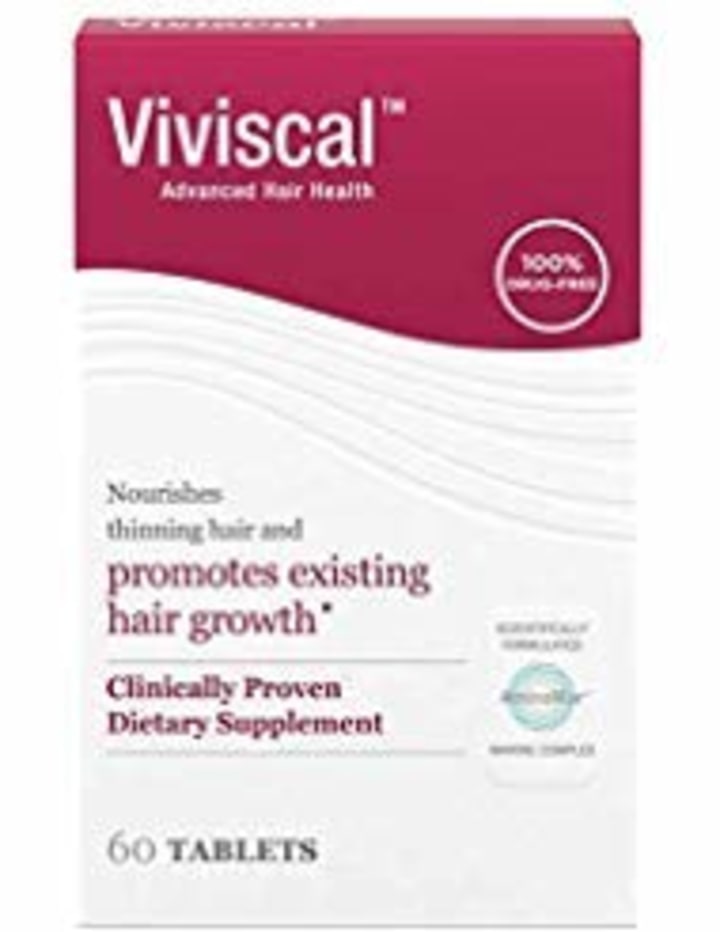
After giving birth to her children, Shah experienced a bit of hair loss herself. She started taking these nutrient supplements (they contain Biotin and AminoMar) to thicken her hair, and was amazed with the results.
Elon Thinning Hair System Scalp Cleanser
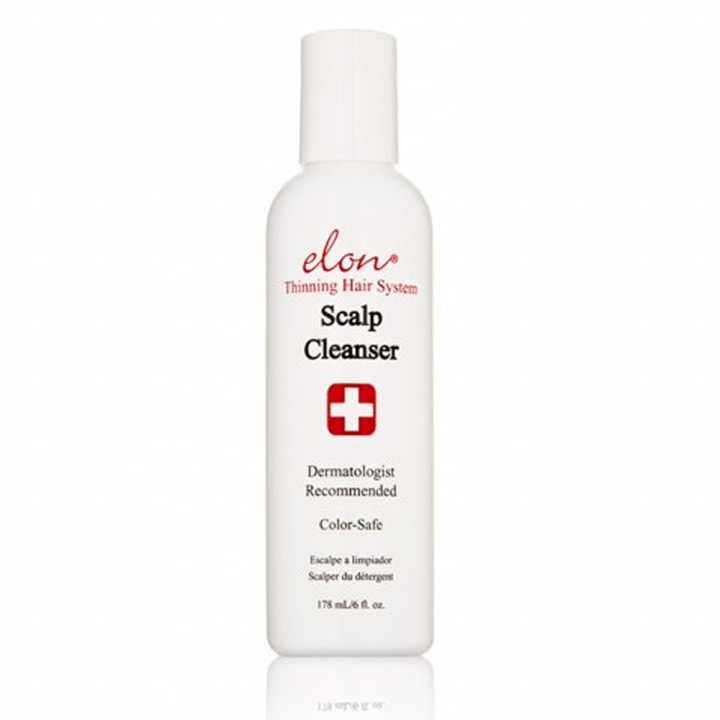
This leave-in treatment for hair growth is one of Parks' favorites! It encourages optimal hair growth and helps with microcirculation to hair follicles.
Philip Kingsley Tricho 7 Step 2
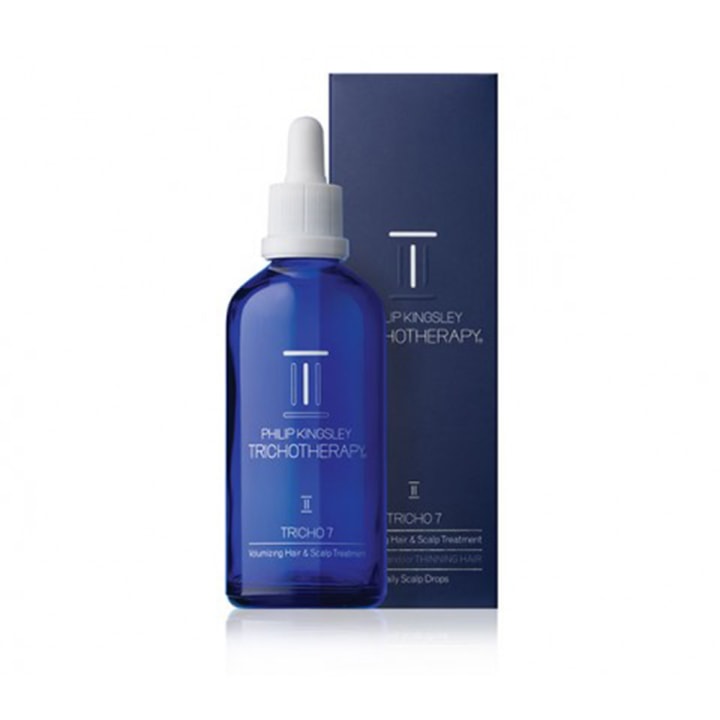
These anti-androgenic, stimulating scalp drops — one of Kingsley's favorites from the brand by which she's employed — address reduced hair volume and hair loss by targeting hair follicles and protecting them from the damaging effects of male hormones.
Christophe Robin Cleansing Purifying Scrub
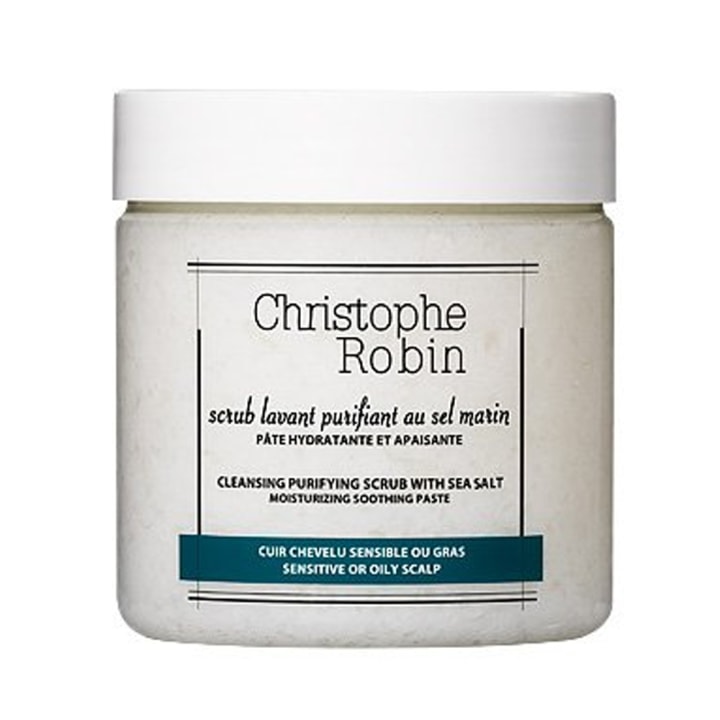
When your scalp is healthy, it's also pretty! In the name of overall scalp health — and minimal hair loss — Shah recommends this purifying scrub to detoxify and soothe sensitive or oily scalps.
Alopexy Minoxidil Topical Solution 2%
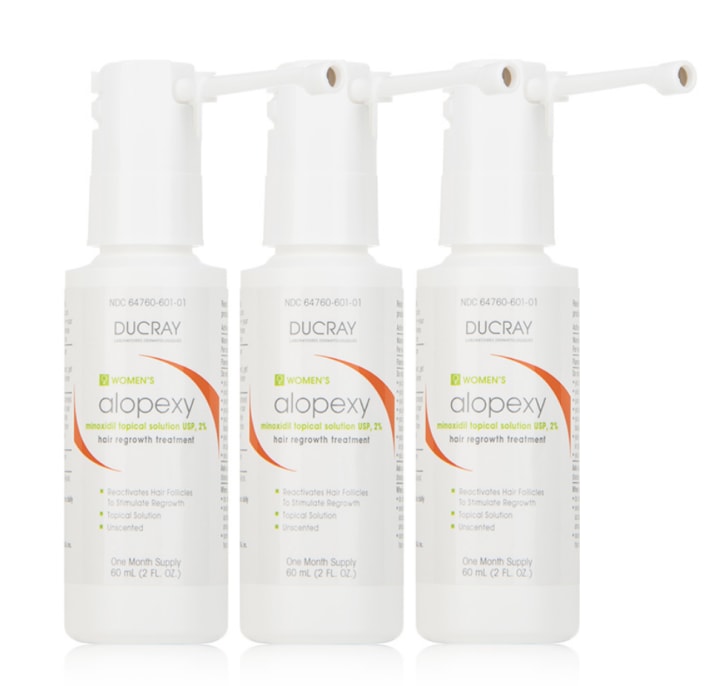
Parks swears by this hair lotion that strengthens locks and stimulates growth. The best part? It comes in a mess-free spray applicator.
Keranique Hair Regrowth Treatment Dropper
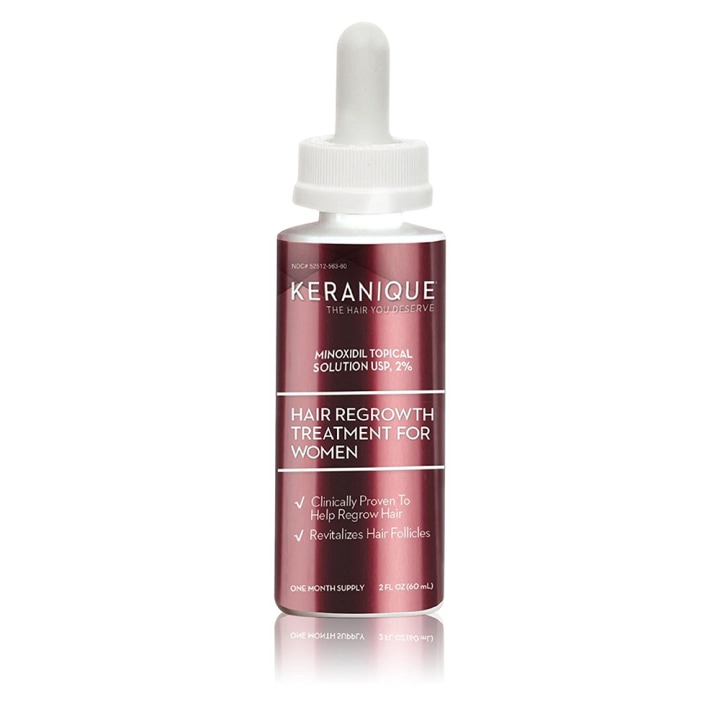
Topical drops containing Minoxidil can be effective in slowing down loss, Kingsley said. And at $30, these drops from Keranique are a bargain!
Neutrogena Anti-Residue Shampoo
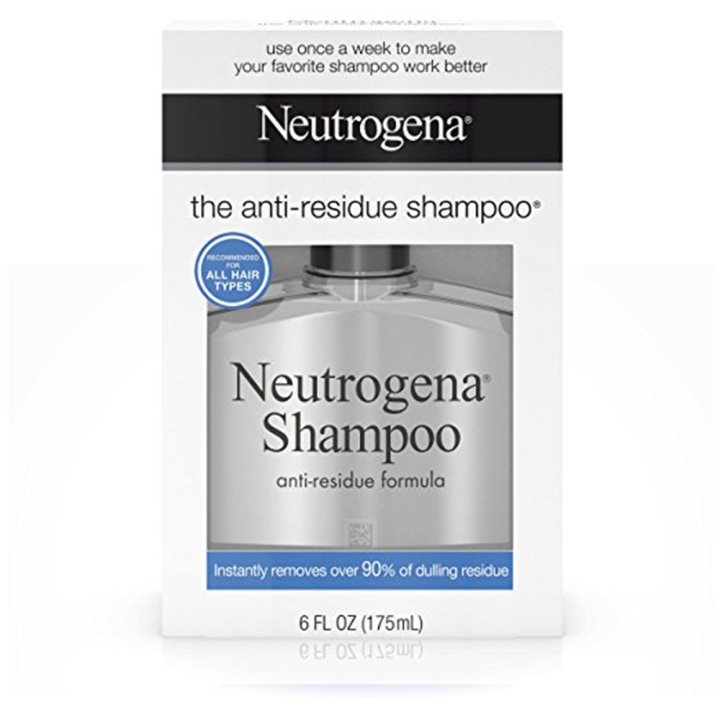
This clarifying shampoo is the perfect treatment to keep your scalp in tip-top shape, according to Shah.
Revivogen MD Scalp Therapy Thinning Hair Solution
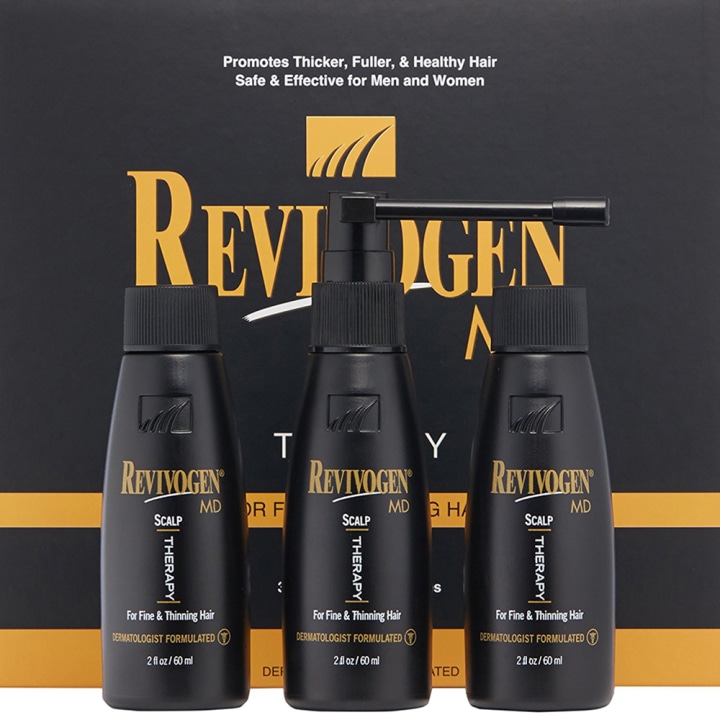
Want to tackle hair loss? Park loves this scalp therapy that she says is ideal for both women and men at various stages of hair loss.
Nature's Bounty Biotin Supplement
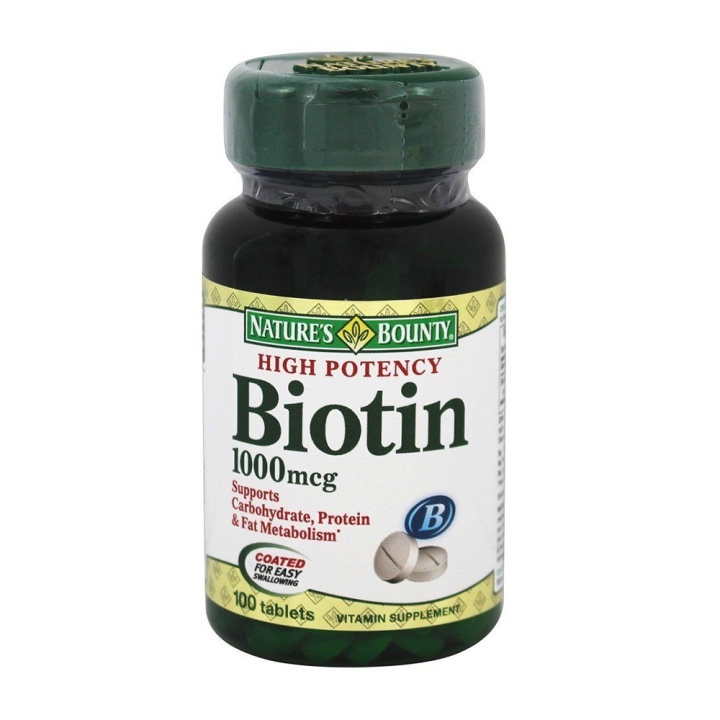
Nutritional supplements containing Biotin can help promote a healthy hair growth cycle, according to Kingsley. These Biotin vitamins from Nature's Bounty will definitely do the trick!
Keeping Hairs From Coming Out of Back of Updo
Source: https://www.today.com/series/one-small-thing/why-my-hair-falling-out-causes-prevention-methods-t124962
0 Response to "Keeping Hairs From Coming Out of Back of Updo"
Post a Comment